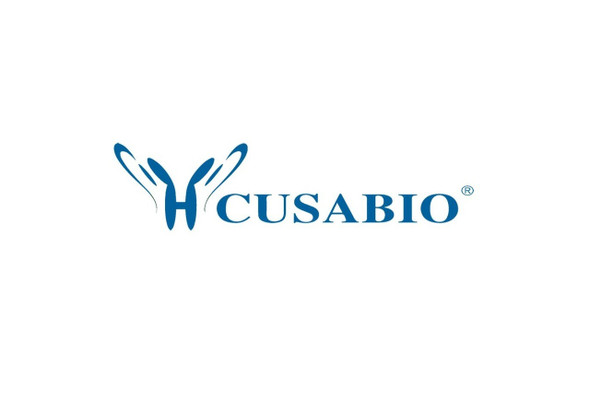Cusabio Polyclonal Antibodies
WIPI1 Antibody | CSB-PA705810ESR2HU
- SKU:
- CSB-PA705810ESR2HU
- Availability:
- 3 to 7 Working Days
Description
WIPI1 Antibody | CSB-PA705810ESR2HU | Cusabio
WIPI1 Antibody is Available at Gentaur Genprice with the fastest delivery.
Online Order Payment is possible or send quotation to info@gentaur.com.
Product Type: Polyclonal Antibody
Target Names: WIPI1
Aliases: WD repeat domain phosphoinositide-interacting protein 1 (WIPI-1) (Atg18 protein homolog) (WD40 repeat protein interacting with phosphoinositides of 49 kDa) (WIPI 49 kDa), WIPI1, WIPI49
Background: Plays an important role in autophagy and in particular starvation- and calcium-mediated autophagy, as well as in mitophagy. Functions upstream of the ATG12-ATG5-ATG16L1 complex and LC3, and downstream of the ULK1 and PI3-kinase complexes. Involved in xenophagy of Staphylococcus aureus. Invading S.aureus cells become entrapped in autophagosome-like WIPI1 positive vesicles targeted for lysosomal degradation. Plays also a distinct role in controlling the transcription of melanogenic enzymes and melanosome maturation, a process that is distinct from starvation-induced autophagy. May also regulate the trafficking of proteins involved in the mannose-6-phosphate receptor (MPR) recycling pathway.
Isotype: IgG
Conjugate: Non-conjugated
Clonality: Polyclonal
Uniport ID: Q5MNZ9
Host Species: Rabbit
Species Reactivity: Human, Mouse
Immunogen: Recombinant Human WD repeat domain phosphoinositide-interacting protein 1 protein (187-446AA)
Immunogen Species: Human
Applications: ELISA, WB, IHC
Tested Applications: ELISA, WB, IHC; Recommended dilution: WB:1:500-1:2000, IHC:1:20-1:200
Purification Method: Antigen Affinity Purified
Dilution Ratio1: ELISA:1:2000-1:10000
Dilution Ratio2: WB:1:500-1:2000
Dilution Ratio3: IHC:1:20-1:200
Dilution Ratio4:
Dilution Ratio5:
Dilution Ratio6:
Buffer: PBS with 0.02% sodium azide, 50% glycerol, pH7.3.
Form: Liquid
Storage: Upon receipt, store at -20°C or -80°C. Avoid repeated freeze.
Initial Research Areas: Signal Transduction
Research Areas: Cancer;Metabolism;Signal transduction











